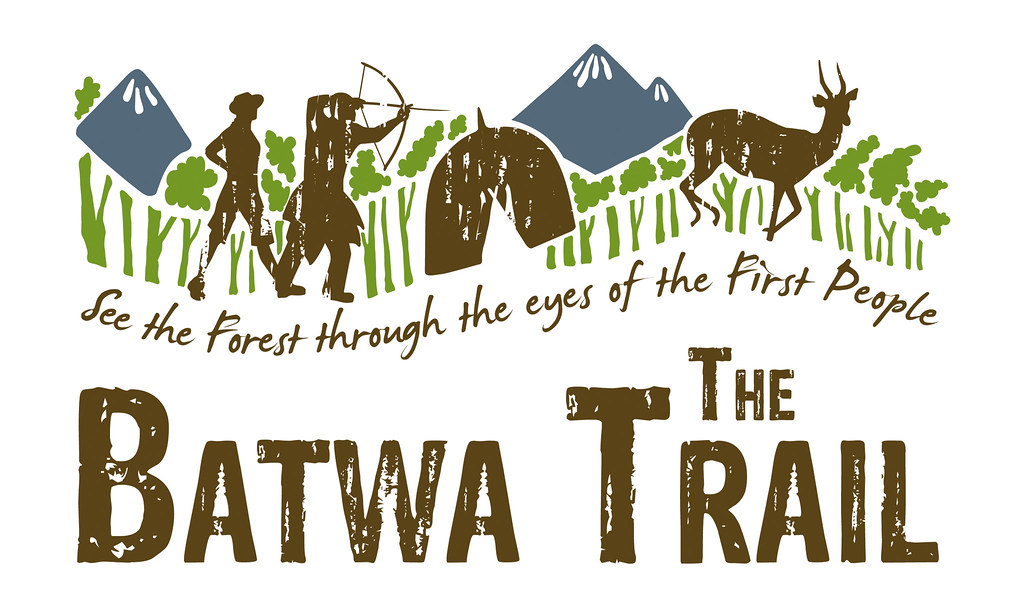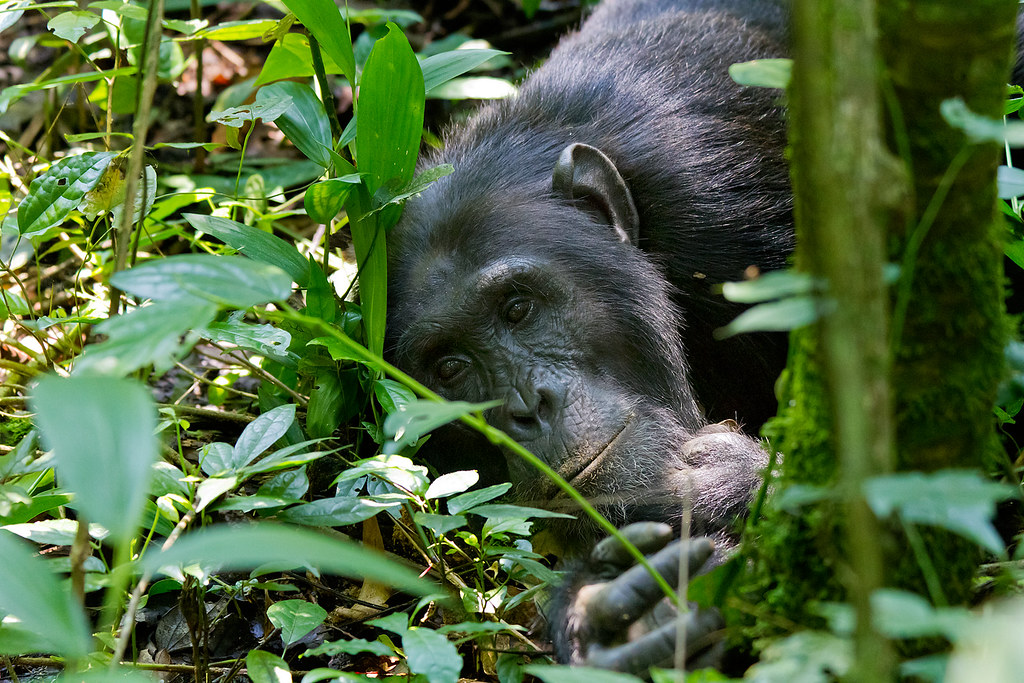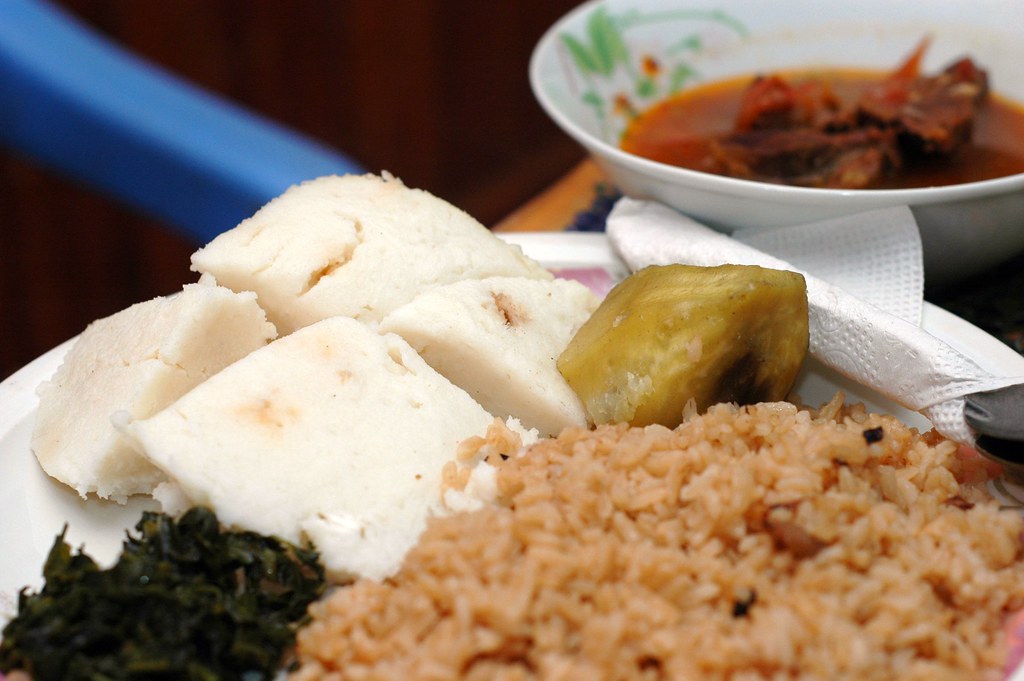The Batwa Trail Event
Among the most amazing excursions available in Bwindi forest, Mgahinga National Park, and surrounding Lake Bunyonyi is the Batwa Trail Experience. Though the Batwa pygmies are the only humans who have been able for a very long period to co-exist with the mountain gorillas and other wildlife and bird species, Bwindi Impenetrable National Park and Mgahinga Gorilla National Park are their home. Located in South Western Uganda, the Bwindi and Mgahinga are rainforests. Keepers of vast woods spanning Cameroon to the southwest of Uganda, the Batwa were The Batwa coexisted peacefully with the forest they created; they neither developed any permanent buildings nor communities. Rather, they were hunters and gatherers living by their traditions in caves.
Years passed and national parks were used for “conservation,” therefore these protectors of the rainforests were displaced without pay to live as squatters in other people’s houses, so losing their identity as people and degrading their culture. Since then, they have sought solace in sharing their story with anyone who may be interested in learning and listening, creating the Batwa trail experience. Every gorilla sector—including those in Mgahinga Gorilla National Park—can visit the area since they reside outside the forest.
The Batwa trail experience exposes visitors to the way of life of the only ecological humans who have ever lived within rainforests. Usually beginning with friendly introductory words made by the local elders, the trail is guided by them. Usually, they wear animal hides—that is, the skins of goats, not wild animals. Before they enter the forest, the elderly people guiding visitors across the trail get to a point and kneel as they ask for blessings and direction from their forest god, Biheeko. Believing their god Biheeko will guard them as they go about their activities in the forest will help them to pray. It should be mentioned that the Batwa are also animists who bring animals and plants into spiritual presence.
The Batwa guide offer their expertise of healthy plants, leaves, and fruits found in the forest you would have believed not good to consume as the path progresses. Remember they are bush-people who had no touch with any kind of modernization; they impart their knowledge of the medical plants, herbs, and roots they have traditionally utilized to heal themselves of diseases. Following a Batwa trail adventure, you will learn how to harvest wild honey; you may then share this with them.
One can get to know how friendly they were to the forests and that their way of life hardly threatened the environment when they do demonstrations of their hunting and trapping skills, honey gathering, starting a fire from just a stick, water collecting with bamboo tubes and the huts they lived in. A group of Batwa women sing in darkness songs of melancholy over their lost habitat when you arrive in the Garama caves, the king’s residence, chambers, training ground, among other uses. The path culminates, nevertheless, with very energetic ground stamping dances and melodic sounds that can find yourself singing for a very long period.
Your plan calls for the Batwa forest adventure to last five hours or a full day. While it costs $80 for all foreigners and UGX50,000 for East African citizens walking the trail in Mgahinga Gorilla National Park, the trek costs $40 for all foreign passengers and UGX40,000 for East African citizens doing the trail in Bwindi Impenetrable National Park.
Many times, the Batwa trail experience is an extra activity available to those choosing to go gorilla trekking in any of the parks. One gets a chance to learn a lot from them and also enjoy their dances and songs, so it is fulfilling.



